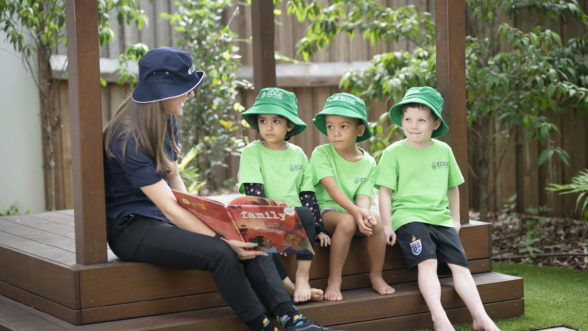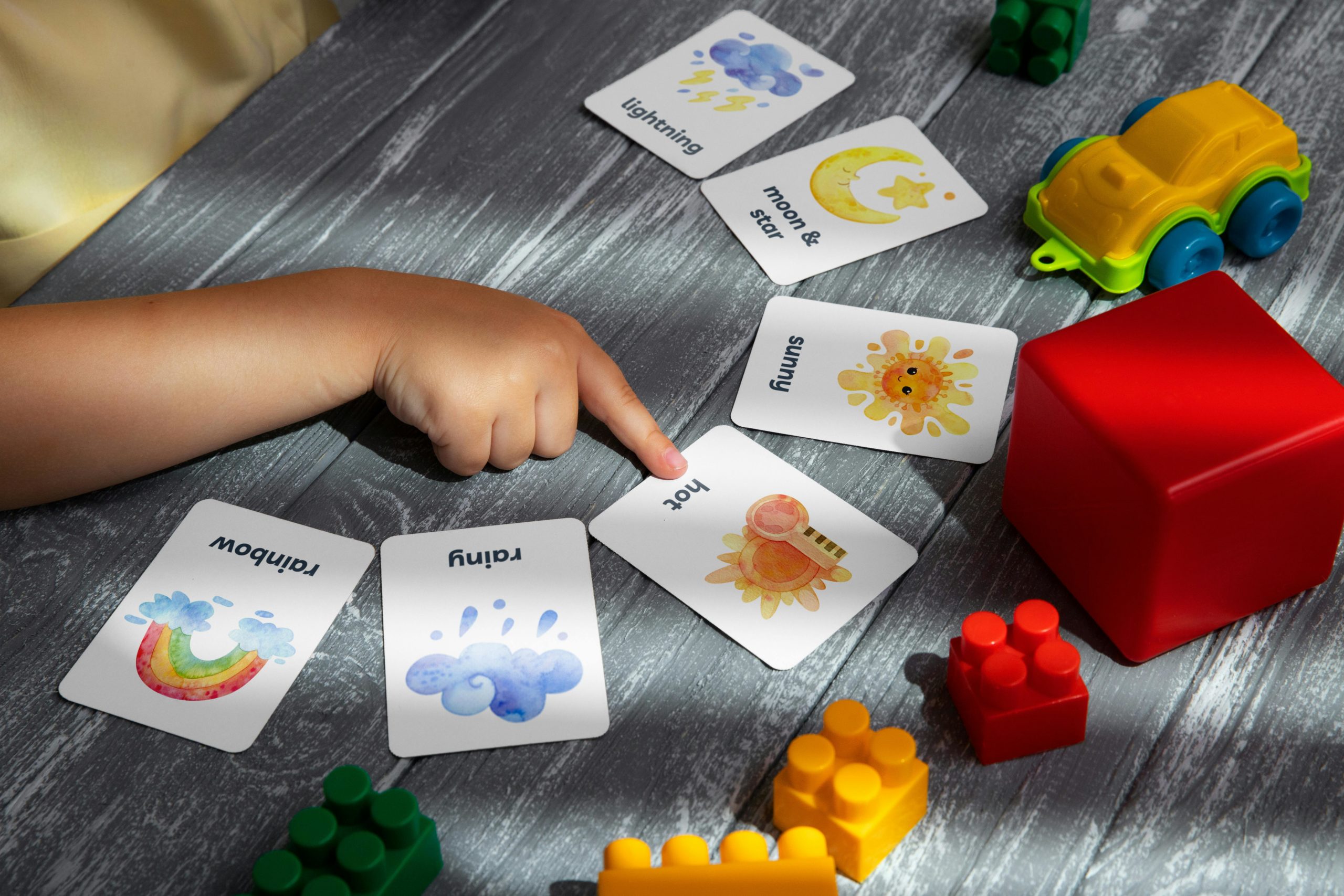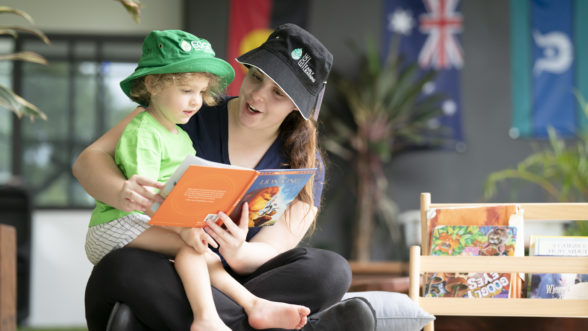
Education
Fun card games to help children learn
13 May, 2024

Kids love being included in card games and, while they have fun playing, they’re also developing a whole host of skills. So shuffle your deck and get ready to play!
We’re so spoilt for choice with the range of children’s games available, it can be hard to know which ones to pick. The classic card games from your own childhood are a great place to start – they’re straightforward and introduce your child to concepts they can build on later. Plus, it’s super special to teach your kids the games you remember playing with your parents, siblings or a favourite grandparent. Here are five easy games to play with your child:
Memory
Number of players: 2+
How to play: Memory is probably the first card game most children learn because it’s so easy to play. To set up, lay the Memory cards in a grid face-side-down. Players take turns turning over two cards to try to find a pair. If a player finds a pair they claim the pair and set the cards aside. Cards that don’t match are turned back over. The winner is the player who has the most pairs when all the cards are gone.
Learning opportunities: Taking turns, focus, memory, matching, counting pairs, resilience, winning and losing graciously.
Snap
Number of players: 2+
How to play: This fun, fast game is easy to learn. To set up, deal a pack of Snap cards evenly among the players. Each players takes a turn placing their top card onto a stack in the middle, turning it face-side-up. If the card matches the card it is being placed on top of, the first player to snap their hand over the deck and yell “snap!” claims the stack. Play continues until players run out of cards. The person with cards left at the end is the winner.
Learning opportunities: Taking turns, focus, matching, hand-eye coordination, speed, resilience.
Uno
Number of players: 2+
How to play: Uno is a bit more complicated, so it’s helpful to team up with a small child while they’re learning, or play against them, guiding as you go without trying to win. Each player is dealt seven Uno cards and takes turns placing a card on the centre stack. Cards need to be the same colour or number to be placed. Extra cards such as “draw two” or “reverse” add interest. Players are out when they have no cards remaining and the winner is the last player to still hold cards.
Learning opportunities: Taking turns, focus, matching, numbers, colours, strategy, resilience.
Go Fish
Number of players: 2+
How to play: Deal each player five cards, then place the rest facedown in the centre. The aim of the game is to collect the most sets of matching cards. In a standard deck, this can be all the number 2s, for example, or you can use special Go Fish cards. Each player takes turns asking any player for a card of their choice, for example, “do you have any 2s?”. The player must hand over all requested cards if they have them. Once a player has a full set, they lay it in front of them. If the player does not have any of the requested card, they say “Go fish!” and the asking player takes a card from the pile in the centre. The winner is the person with the most sets at the end of the game.
Learning opportunities: Taking turns, focus, matching, numbers, strategy, critical thinking, memory, resilience.
Old Maid:
Number of players: 2+
How to play: Shuffle and deal the whole set of Old Maid cards. Players search their hand for pairs and place them in front of them. Holding the remaining cards in a fan, the first player offers their hand to the player on their left. The player picks a random card, hoping for a match with one of their own. If it makes a pair, they place the pair in front of them, otherwise it joins their hand. Then that player offers their hand to the player on their left. Play continues until all the pairs have been found. The loser is the person left holding the unpaired “old maid”.
Learning opportunities: Taking turns, matching, keeping a straight face and reading other’s reactions, resilience.
Check out our article why you should play card games with your children to find out more about the skills children develop playing card games.

